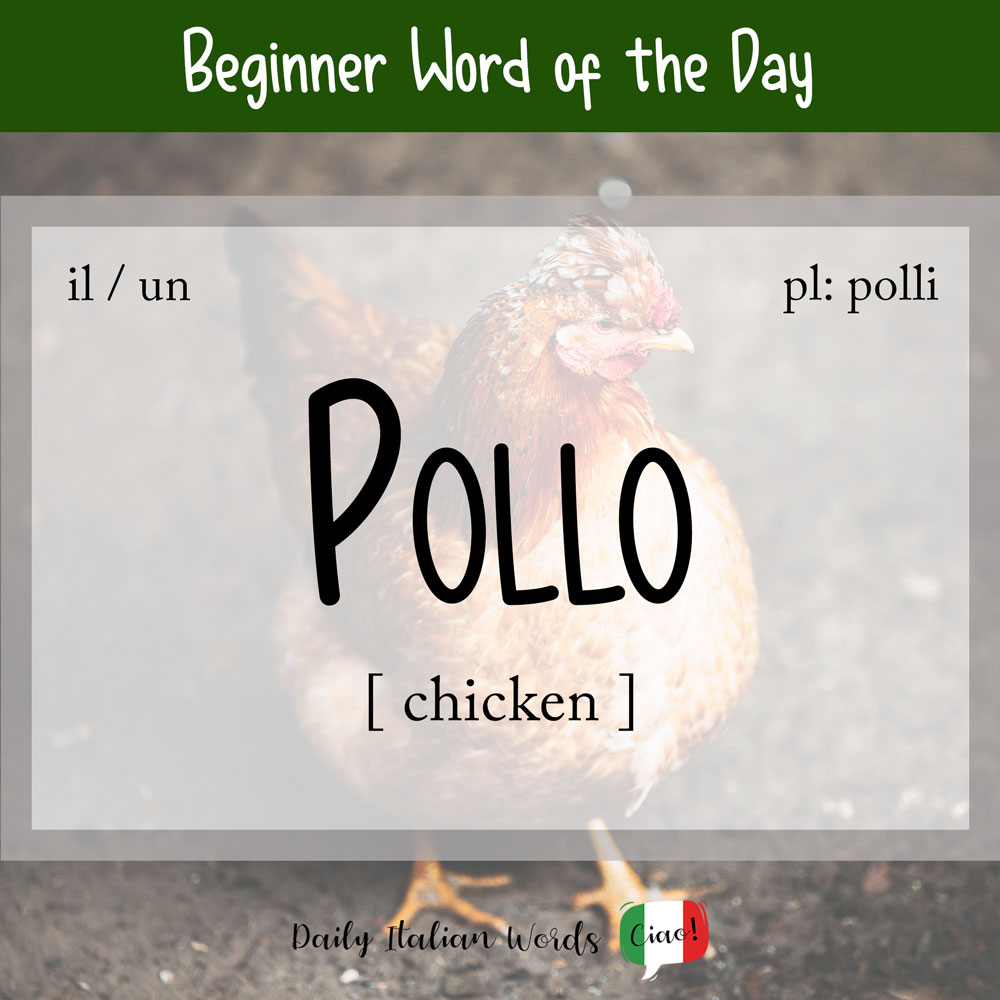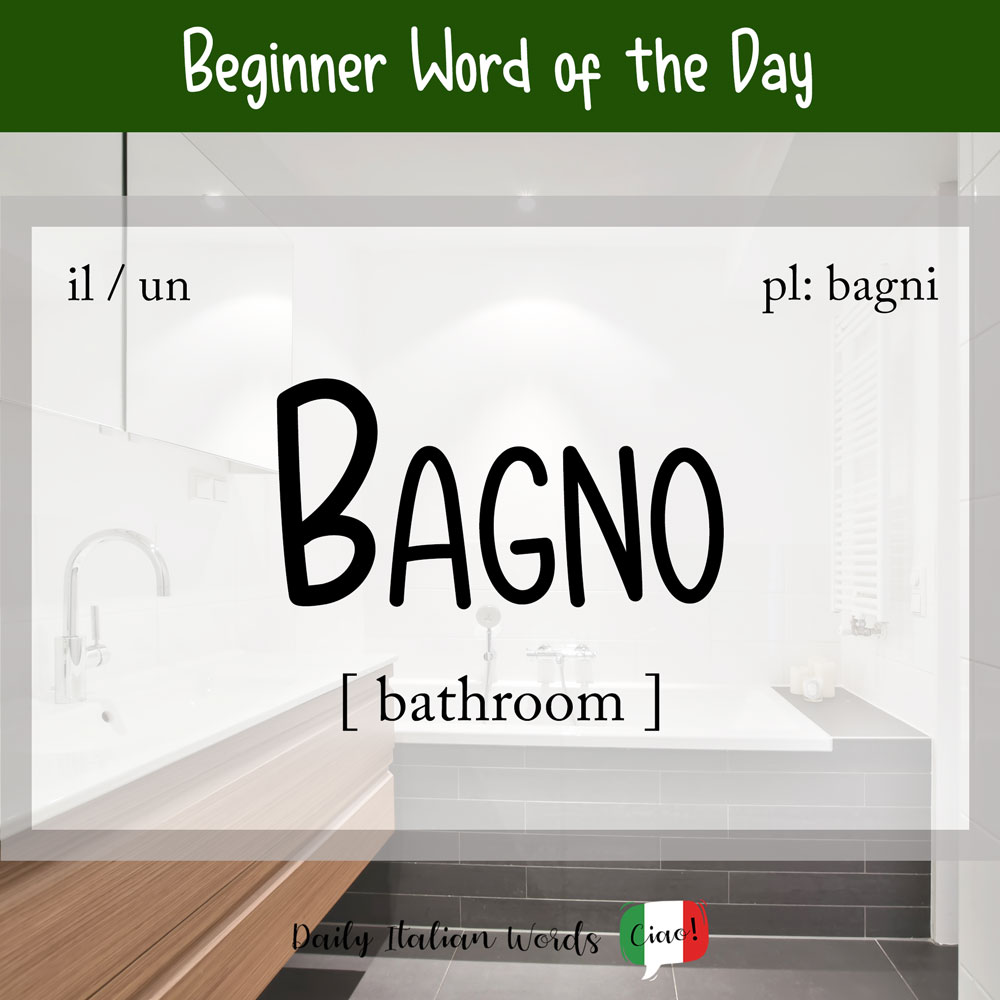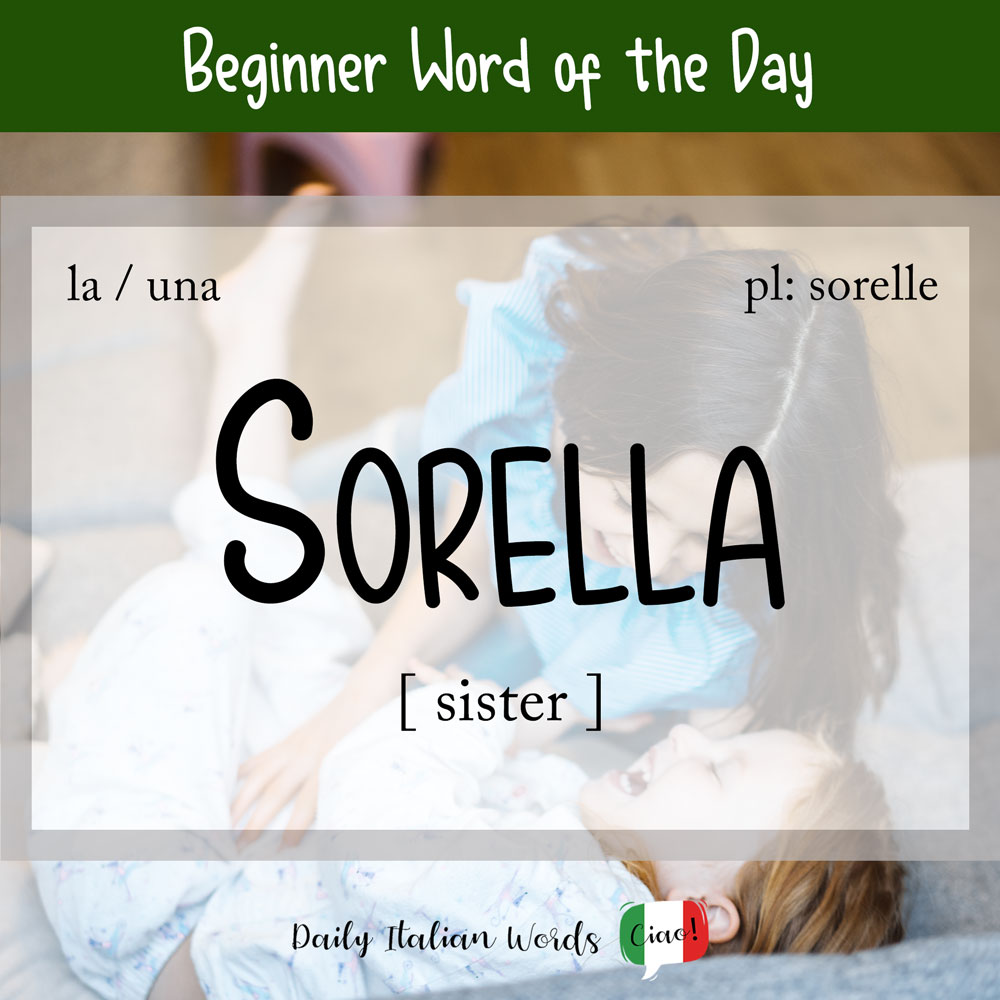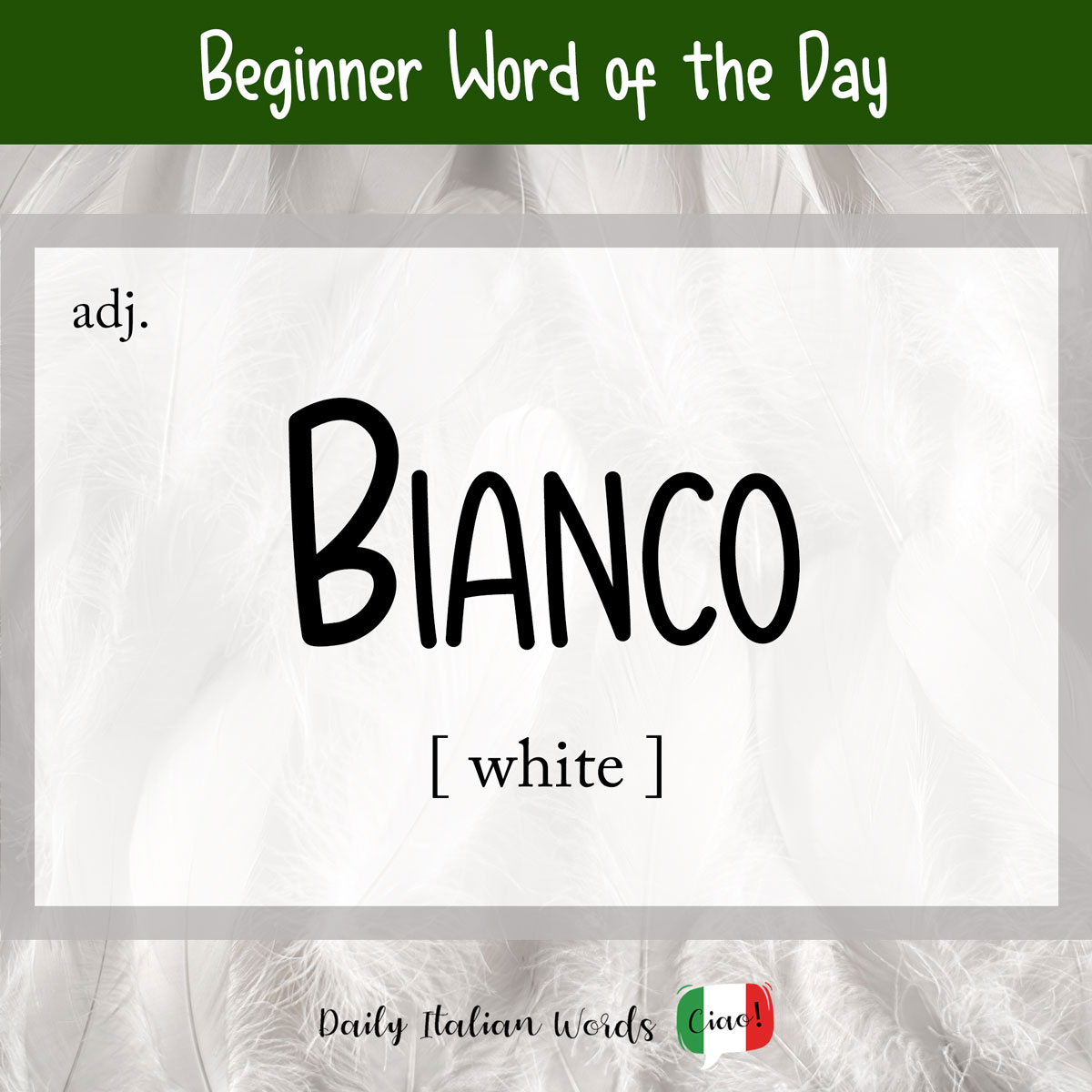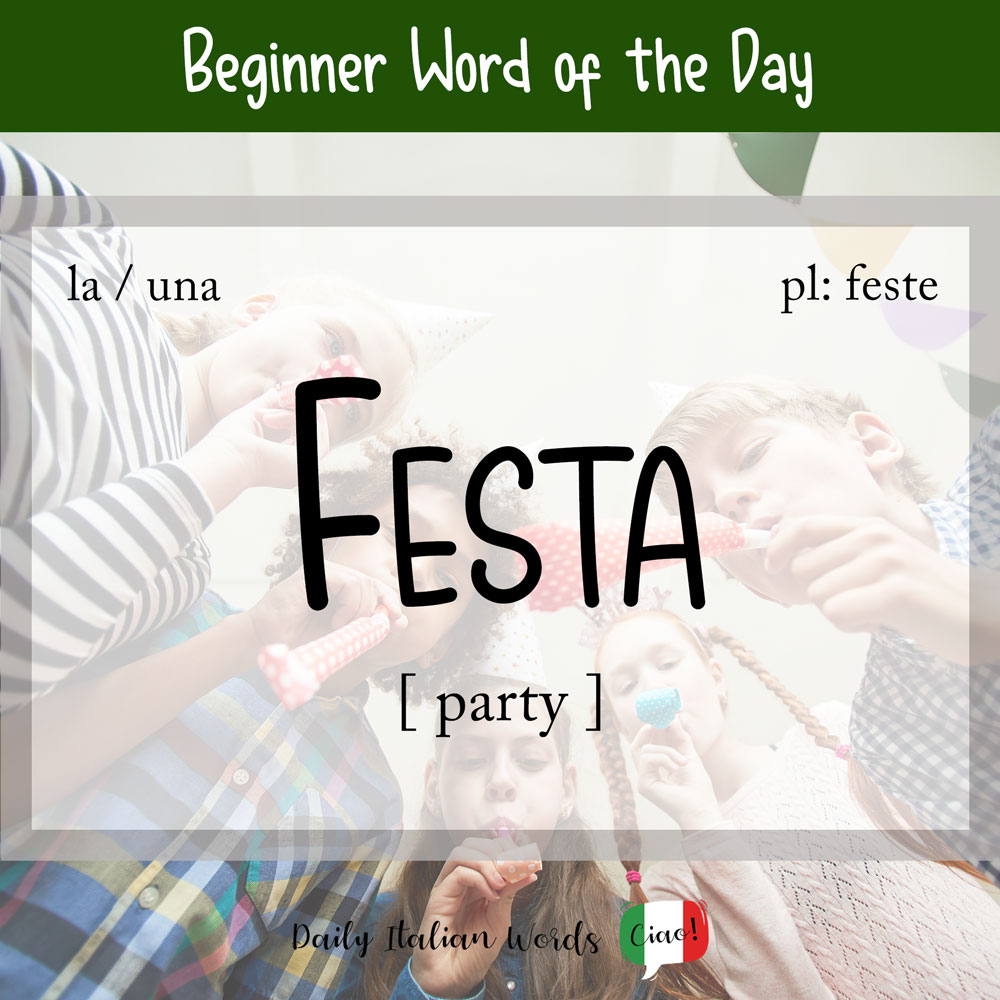Italian Word of the Day: Pollo (chicken)
The generic word for chicken in Italian is pollo (plural: polli). It can be used to refer to the bird itself or the meat. Ci sono tanti polli in giardino. There are lots of chickens in the garden. Stasera mangiamo il pollo arrosto per cena. We’re eating roast chicken tonight for dinner. When you want …

